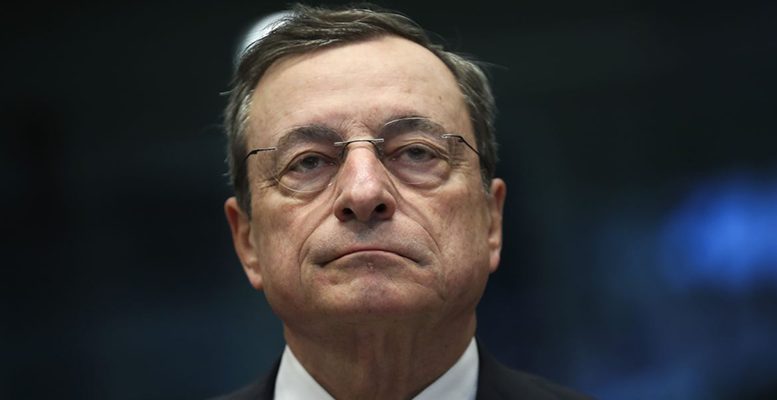Former European Central Bank chairman Mario Draghi will become Italy‘s next Prime Minister. Italy’s head of state, Sergio Mattarella, met Draghi last week to give him a formal mandate after multiple rounds of talks failed to seal an agreement amongst parties on a new premiership under Giuseppe Conte, who had hoped to make a comeback. Over the weekend, Mario Draghi has managed to obtain a broad majority to form a new coalition government in Italy after winning the support of the Five Star Movement and the ultra-right-wing League.
Draghi’s nomination is an attempt to steer the country out of the virus-induced crisis, since he is a widely respected personality for his important role during the European debt crisis (his “whatever it takes” saved the euro in 2012). His return also means the prospect of snap elections, and thus a new political crisis would be avoided.
Italian bonds are loving the news. In this regard, the yield of the Italian 10-year bond fell last week 11 bps to 0.53% on expectations of greater political stability in the country (vs a high of 0.75% this year). Draghi’s acceptance of today’s mandate would likely extend the trend and give further support to Italian bonds while narrowing the premium over their German counterpart.
According to analysts at La Francaise AM:
“The coalition which will form the new government will have a small majority in Parliament. So difficulties will arise again very quickly when discussing how Italy should spend the 209 billion euros it will receive in the coming years from the European Union.”
Italy must submit its “recovery and strength” plan to Brussels by April to get the first tranche payment and will have to respect some criteria to ensure the disbursement of further tranches. Some of those criteria (which have not yet been fully disclosed) will be based on structural reforms such as taxation or pension schemes. That is something which is highly controversial in Italy and could lead to the collapse of the newly formed coalition. In conclusion, the experts at La Francaise, add:
“Mr. Draghi’s task is, to say the least, very difficult. He will have to use his influence to persuade European partners to soften the different conditions for future disbursements and push for some more accommodative reforms domestically. We are not sure whether Mr. Draghi can really make a difference in the long run, but he could probably give Italy some stability in 2021.





